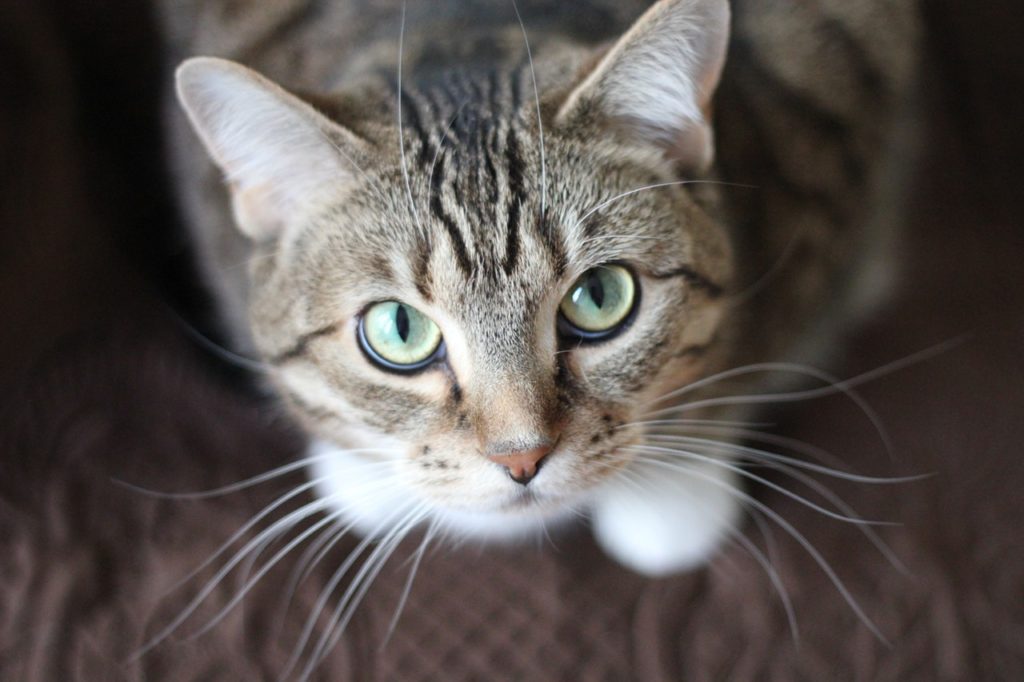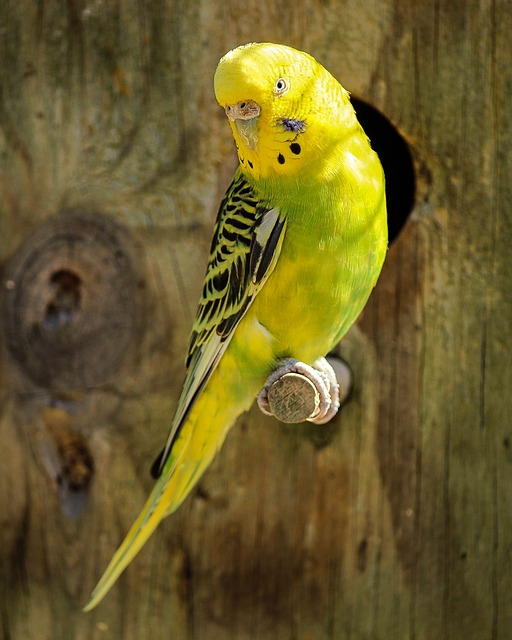 Research shows that pets are extremely beneficial for seniors.
Research shows that pets are extremely beneficial for seniors.
Among other things, they can help lower the risk of depression, decrease blood pressure, provide a source of affection and even increase longevity.
Taking advantage of this seems easy but there are so many different options out there. So, which are the best pets for seniors?
Which Pet Should You Choose?
In part, the best pet is going to depend on the person who will be caring for it. This is particularly true for cats versus dogs – as many people prefer one over the other.
But, there are also practical reasons why one type of pet may be a better choice.
Dogs
Many people consider dogs to be the best pet for a senior – and with good reasons.
One advantage is the activity. A key component of owning a dog is having to take them for walks regularly. This is a powerful way to get seniors active.
Some seniors will be willing to walk dogs even if they are resistant to other types of exercise. After all, the walk is for the dog’s benefit. This can make exercise easier emotionally.
 Walking a dog also has social benefits. It offers the chance to meet and interact with other pet owners who are doing likewise. The pet also provides an easy opening for conversation.
Walking a dog also has social benefits. It offers the chance to meet and interact with other pet owners who are doing likewise. The pet also provides an easy opening for conversation.
This means that dogs are best suited to owners that are relatively active – and they can help owners remain that way.
Dogs also tend to be affectionate and want to spend time with their owners. This is powerful for companionship.
When choosing a dog, it’s important to consider the breed. Some breeds are larger, while others may be more active or have additional care requirements.
In most cases, seniors will benefit from less active and easier to care for dogs, rather than ones that have more complexities.
For example, some common recommendations include pugs, cocker spaniels, Boston terriers, and beagles. The site A Place for Mom offers a list of 10 good breeds, along with the advantages and disadvantages of each.
Some people also suggest a mutt, rather than a purebred. These tend to be less prone to health issues and are often less expensive as well.
Cats
Cats tend to be much more independent than dogs. They still offer considerable affection but typically on their own terms.
Cats are also easier to care for and meet most of their own needs. In many cases, the senior just needs to change the litter box regularly (if the cat is an indoor one) and provide food and water. This is particularly relevant for seniors who aren’t very mobile.
Many cats are also better for companionship because they are willing to cuddle up next to someone or in their lap, often for hours at a time. Cats are often accepted in more places than dogs, which can be another advantage.
While kittens do need to be housetrained, most older cats will already be. For seniors, adopting an older cat may be a distinct advantage – and there are many of them available in shelters.
Smaller Pets (including birds)
Cats and dogs are the most obvious choice for pets and they may offer the most benefits. For example, they can both be present throughout the house and will regularly show affection. Most of the time, smaller pets will be confined to a cage or a small area and there is less interaction.
Even so, smaller pets have their benefits too.
 They do still offer companionship and give people something to look after. In fact, some people suggest that birds are the ideal pet for seniors, offering a good balance of work and companionship.
They do still offer companionship and give people something to look after. In fact, some people suggest that birds are the ideal pet for seniors, offering a good balance of work and companionship.
The advantage of smaller pets is the care required.
While cats and dogs can be amazing, there is a considerable amount of work involved. This could be too much for some seniors. Smaller pets tend to require much less care. Often, they just need to be regularly fed and may need their cage cleaned out infrequently.
Because smaller pets tend to be caged in some manner, many landlords are flexible about them. This means they can often be kept in places that wouldn’t allow dogs or cats.
Fish may also be a particularly good choice. While they are less interactive than other pets, watching fish swim seems to reduce anxiety significantly.
Birds are also effective, partly because they can add some sound into the house. Some can also be taught to talk or to sit on the owner’s finger, which can be an entertaining project.
Other Considerations
The sections above highlight key reasons why you might choose one type of pet over another. But, there are some additional considerations to take as well.
Age of the Pet. Older pets are often already trained and can be less demanding. This can be beneficial for seniors. However, it’s important to be sure the pet is still in good health.
Pet Temperament. Like people, pets tend to have their own temperaments. This is particularly noticeable for cats and dogs. It’s worth taking the time to pick a suitable temperament. Most places will provide the opportunity to interact with potential pets before choosing one and it is worth doing so.
Medical Needs & Physical Challenges. The senior needs to be able to take care of the pet well, even if their health declines. For example, a dog may not be suitable if the owner struggles to walk or is likely to have issues in the future. Likewise, seniors on oxygen should probably avoid young dogs, who are likely to chew on the cords.
Location. Where the senior lives will dramatically impact what pet choices are viable. For example, a large and energetic dog is not practical in a small apartment. On the other hand, a cat may be a perfect fit. There may also be restrictions based on location, so it’s important to look into this first.
Costs. There are often additional costs with pets. This includes food and toys, as well as spaying or neutering. Unexpected costs may arise as well, such as medical exams or treatments, as well as control for fleas and ticks. Make sure that the costs are achievable before investing in a pet.
Beyond all of this, it’s important to just consider the senior themselves.
In many cases, pets do offer considerable value and health advantages. But, that’s not always going to be the case.
Instead, some seniors may be unable to effectively care for even a small pet or may be unwilling to do so. A pet may also just be a poor complement to a senior’s situation or personality.
It’s always best to weigh up individual needs and challenges first. It may be worth talking to their doctor as well, just to find out whether there are any specific reasons why a pet may be a bad idea.

Leave a Reply